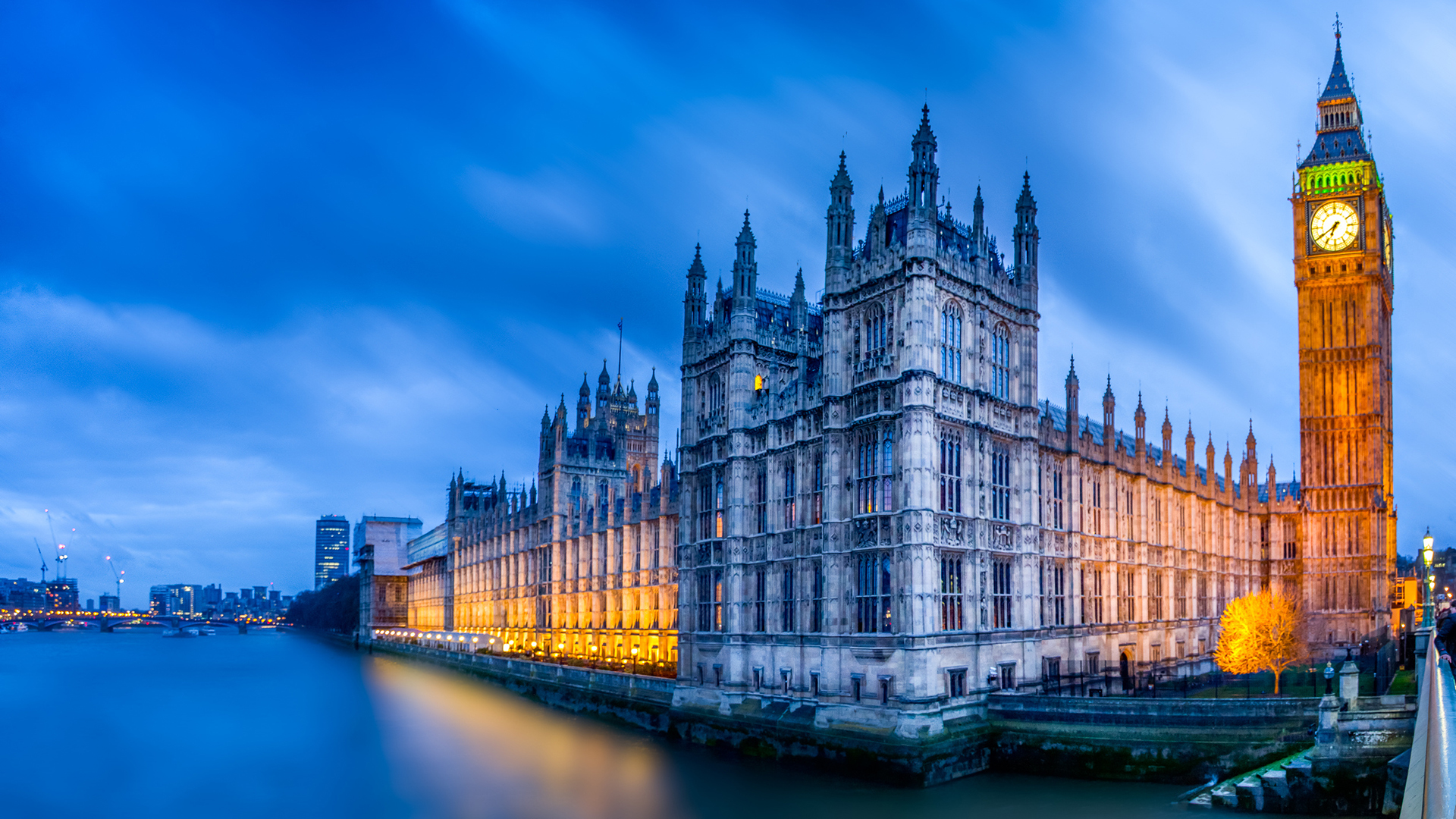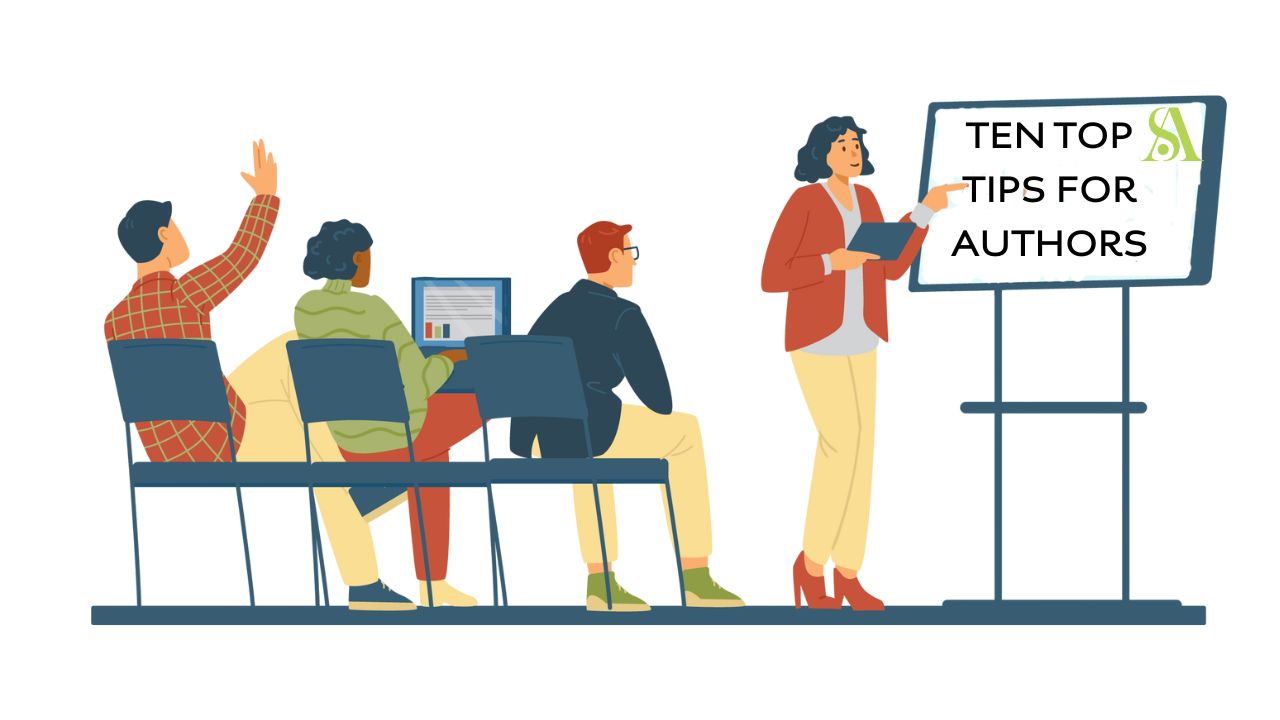We welcomed the publication this week of the House of Commons Culture, Media and Sport Committee’s robust report on creator remuneration.
The publication provides an in-depth review of the hostile conditions for creators seeking to earn a living in the UK. It includes key recommendations to better support and compensate authors and other creators for their work, repeating many of the calls we have been making over the past few years.
If implemented, the measures could be a huge boost for creators, whose earnings are more precarious than ever, while shoring up jobs and revenue for the creative industries sector, which make up 6% of the UK economy.
The report
Despite the importance and global success of the UK creative industries, successful professional creators are struggling to make a living. Many people in the sector experience precarious rates of pay, employment conditions and contractual terms. There are many short- and long-term factors, including falling real-terms funding, new technologies and the legacy of Covid-19 and associated public health measures. We launched our inquiry to explore issues around fair remuneration and working conditions across the creative industries and consider possible solutions.
As new means of consuming creative content have become the norm, creators across the sector have experienced persistent declines in their royalties and residuals.
From the report summary
Authored by a cross-party parliamentary committee, the report is a welcome sign that politicians across the political divide have listened to unions and the creative industries and and are taking on board our suggestions to help address the challenges facing creators.
The report is robust, sensible and long awaited. We urge the Government to move quickly to implement its recommendations.
Fair contractual terms
Chief among the committee’s recommendations are measures to ensure fair contractual terms for creators. The report makes specific references to our CREATOR principles for fair contracts campaign and to the Creators’ Rights Alliance’s (CRA) Pay the Creator campaign.
These are things that good companies do. There is nothing radical in this. When we look to other organisations the responsible organisations will say, ‘Yes, of course we expect these things from contract terms,’ but because this is a world of dreams there are also plenty of cowboys out there.
CRA Chair and outgoing SoA Chief Executive, Nicola Solomon, quoted in the report
Our calls for legislative provisions to guarantee fair contractual terms have been at the centre of SoA advocacy for over a decade, so we are delighted to see this included in the report. Legislation to support this could help acknowledge the difference in negotiating powers that disadvantages authors.
Generative artificial intelligence (AI)
We call on the Government to ensure that creators have proper mechanisms to enforce their consent and receive fair compensation when their works are used by AI systems.
From the report summary
We fully support the report’s recommendation of vital proper mechanisms to enforce authors’ consent and provide fair remuneration for the use of their works by generative AI.
The report echoes our own calls and the views authors shared in our 2024 survey for ‘transparency around inputs and outputs’ of generative AI systems, and the adoption of systems to provide the compensation owed to authors by AI developers for the unauthorised uses of copyright protected works to develop these systems as well as a means of enforcement. Nicola Solomon is quoted calling for the Intellectual Property Office to be more robust in calling out this copyright infringement by Big Tech.
The authors emphasise that the Government must ‘win back the trust of creators’ regarding their concerns over generative AI, after too little positive action by its own working group to draw up a code of practice on AI and intellectual property.
Freelance Commissioner
Freelancing has several theoretical advantages, such as allowing creators to choose projects they pursue. However, freelancing can also leave creators vulnerable to economic downturns, unable to access rights to annual leave, parental leave and sick pay and lacking other forms of employee support. More broadly, many creators experience poor working conditions, including inconsistent use of contracts and terms and conditions, uneven responses to bullying, harassment and discrimination and a lack of proper support, accounting, training and development. We recommend that the Government appoint a Freelancers’ Commissioner with appropriate powers and cross-departmental oversight to advocate in the interests of creative freelancers and address wider issues around contracts and working conditions.
From the report summary
The report supports the Authors’ Licensing and Collecting Society (ALCS) recommendation – supported by the SoA – to appoint a Freelance Commissioner.
Freelancers are often expected to work under unreliable contracts and agreements, pressured to work for free (for ‘exposure’), consistently paid late, receive no HR support, or assistance to act on bullying, harassment and discrimination – and they work in often precarious conditions with no right to statutory maternity, sickness or holiday pay.
One of the issues that has not yet been commented on is we have often heard DCMS called “the Ministry of Fun”. This is about people taking creative work seriously and what creators do seriously as work, and not being able to cite this fantasy of the artist and say, “You would do this anyway. You would do it for no pay
Nicola Solomon quoted in the report
The appointment of a Freelance Commissioner ‘to advocate across Government in the interests of creative freelancers’ would provide a huge section of the creative workforce with a dedicated voice in government, helping to ensure their rights are respected, in line with workers across other industries.
Private Copying
The report also calls for a statutory private copying scheme, to pay creators when their work is downloaded, copied and shared digitally.
The scheme would provide a vital additional revenue stream for creators at a time of depressed royalties, record low median earnings for authors and threats to job opportunities posed by generative AI. The report estimates this would generate between £250–300 million per year for the UK economy, and aligns with the approach taken in many jurisdictions around the world. The report’s authors point out that, ‘In 2018 alone, private copying mechanisms generated for [sic] over £286 million in Germany, £239 million in France and £110 million in Italy for creators.’
UK creators can already earn substantially from private copying schemes abroad. The lack of such a scheme in the UK risks putting ‘their payments from abroad under threat due to a lack of reciprocity with other countries’.
The report calls for a scheme which at the very least safeguards these payments, to be implemented within the next twelve months. This would have to be developed in line with our world leading copyright regime, which is otherwise largely fit for purpose. The government should not consider complete copyright reform, which would be unnecessary and potentially harmful.






Perhaps AI should also be labled as non creative as artistic work and illistrators expected to produce work without the help of AI.
Translation is another problem perhaps AI translations should be proofread and AI companies pay a fee for proofreading.